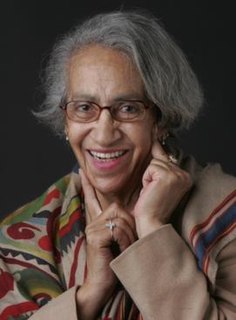A Quote by Sam Lipsyte
People gave names to things so they could tell stories about them, goddam fairy tales about children who got out alive.
Related Quotes
I did translations of Grimms' Fairy Tales and became very charmed about that way of looking at things. Fairy tales tell a lot of truths. Just as a side point, for instance, we always think the bad guys in fairy tales are the stepmothers, who are witches. But where are the fathers when the witches are killing and mishandling their children? Away. They are on a business trip. They are hunting, they are away. Wow, you know! No one says the fathers are the bad guys! It's one of the things you don't say. But my goodness, where are they?
Fairy tales have always been about getting through the worst of everything, the darkest and the deepest and the bloodiest of events. They are about surviving, and what you look like when you emerge from the trial. The reason we keep telling fairy tales over and over, that we need to keep telling them, is that the trials change. So the stories change too, and the heroines and villains and magical objects, to keep them true. Fairy tales are the closets where the world keeps its skeletons.
The fairy tale that really scared me was Bluebeard. That's the one where he just kills one after another of these woman, these wives, that he lures up to the castle. I just think about fairy tales as stories women told their children to warn them? To keep them safe, to make sure they married up, all the things that would have safeguarded them in the olden days.
She always did like tales of adventure-stories full of brightness and darkness. She could tell you the names of all King Arthur's knights, and she knew everything about Beowulf and Grendel, the ancient gods and the not-quite-so-ancient heroes. She liked pirate stories, too, but most of all she loved books that had at least a knight or a dragon or a fairy in them. She was always on the dragon's side by the way.
Though now we think of fairy tales as stories intended for very young children, this is a relatively modern idea. In the oral tradition, magical stories were enjoyed by listeners young and old alike, while literary fairy tales (including most of the tales that are best known today) were published primarily for adult readers until the 19th century.
[Fairy tales] are like a journey to the woods and the many ways you can get lost. Some people say it's not a good idea to read fairy tales to anyone under the age of eight because they are brutal and raw. When I was a kid I often felt that kids's books were speaking down to me, but I never felt that way about fairy tales. They are bloody and scary, but so is life.
I have been writing fairy tales for as long as I can remember. Not much has changed in terms of my natural attraction to the narrative techniques of fairy tales. My appreciation of them in the traditional stories has deepened, especially of flat and unadorned language, intuitive logic, abstraction, and everyday magic.





































